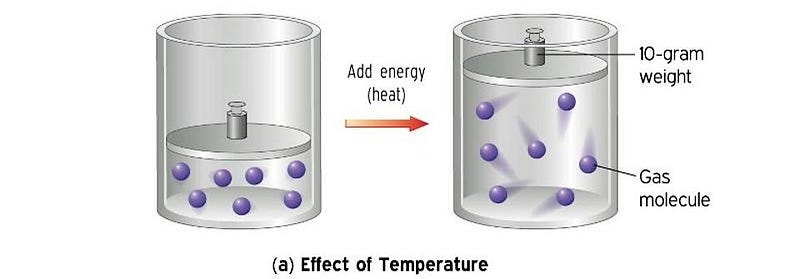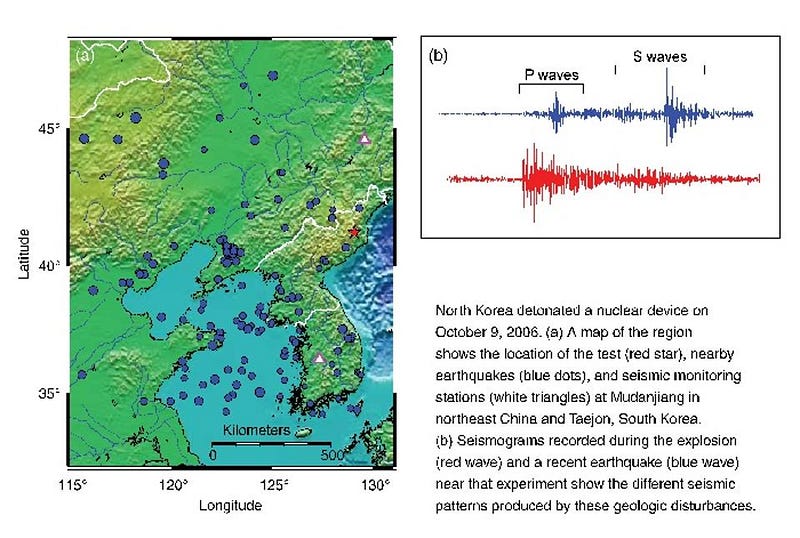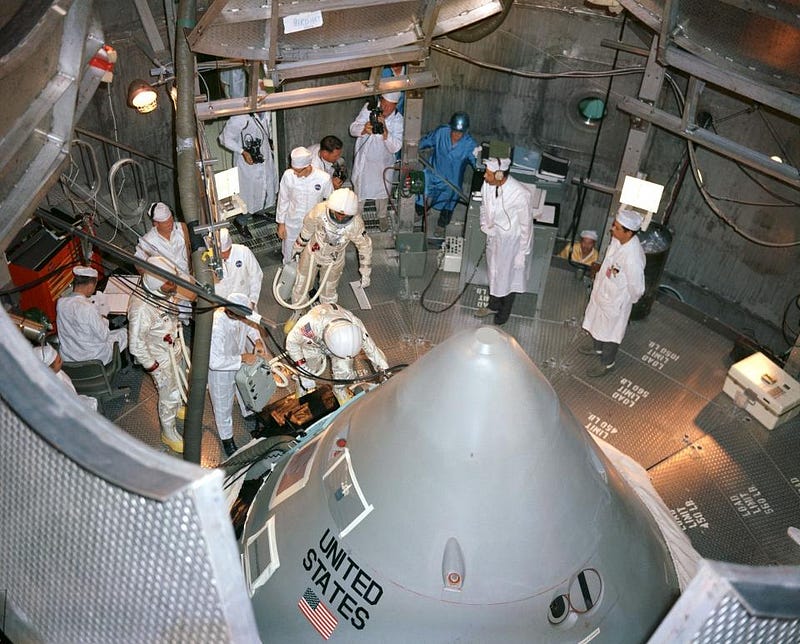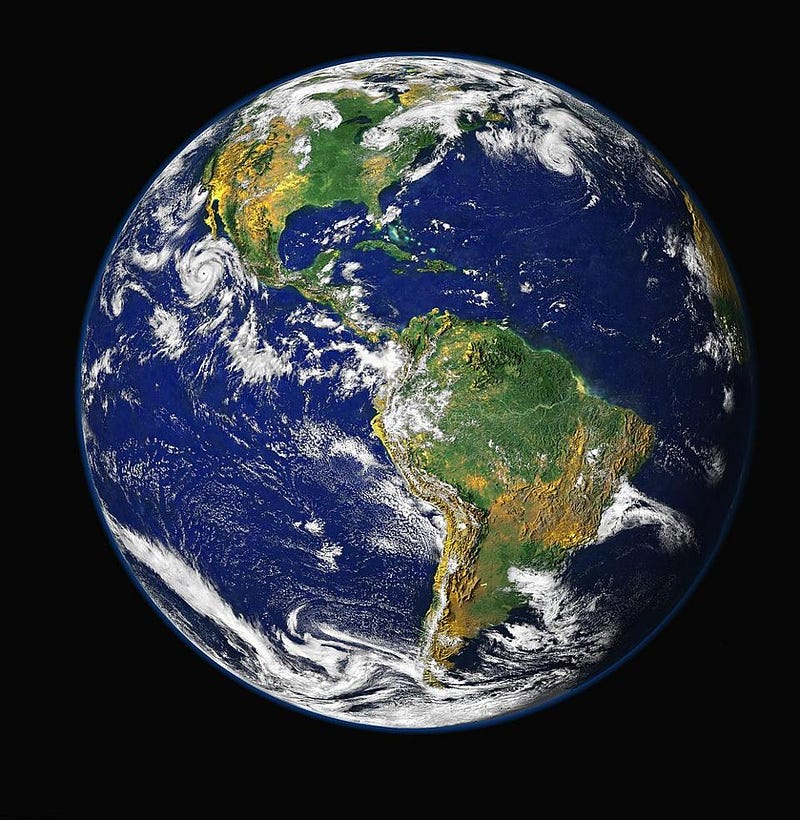The two questions that determine your scientific literacy

If you think you can just take a test and demonstrate your scientific literacy, think again.
“Through basic science literacy, people can understand the policy choices we need to be making. Scientists are not necessarily the greatest communicators, but science and communication is one of the fundamentals we need to address. People are interested.” –James Murdoch
There are a lot of claims going around the news lately that make one question whether, as a nation and a world, humanity is a scientifically literate species. Prominent politicians and lawmakers, among many other citizens of Earth, are debating and publicly questioning, among other topics:
- the safety and efficacy of vaccines in preventing disease,
- the truth of whether the Earth’s climate is changing and whether humans are playing a role,
- whether adding fluoride to drinking water is safe for humans to drink and effective at cavity reduction,
- whether there was a natural origin to life on Earth or whether there is evidence of divine intervention,
- and whether the Earth is billions of years old or thousands of years old.

Most attempts to measure scientific literacy focus on how well people can answer a series of questions that measure one’s knowledge of scientific facts, but as it turns out, that’s not a good measure of scientific literacy at all. Being scientifically literate isn’t about having the ability to measure the curvature or circumference of the Earth, how you can discern whether the Earth is round or flat, or even whether you know that the Earth itself is round. The more we know about the world and the Universe as it actually is, the better off we all are, of course, as more information is always a good thing to have. But being a scientifically literate society isn’t dependent on knowing whether any particular set of scientific facts, laws or conclusions are true or not; rather, it’s about your answer to the following two questions:
- Are you aware of what the enterprise of science is?
- Do you have an appreciation for how scientific knowledge, understanding and its applications benefit humanity?
If the answer to both of these questions is “yes,” then you are scientifically literate, and you have every intention of making the world a more scientifically literate place while simultaneously understanding that the more we include factual, robust science in our policymaking, the better off humanity as a whole becomes.

But let’s make sure that your “yes” answers actually mean what you think they ought to mean. What is the enterprise of science, and what does it mean to be aware of it? At its core, science is two simultaneous things, neither one of which is valuable without the other: a full suite of knowledge and data relevant to a particular issue, and a process for testing, inquiring, refining and reproducing our best explanations for that full suite of information. Being aware of the enterprise of science means having a tremendous respect for the people devoting their lives to furthering our understanding of any aspect of the Universe in this fashion, from the instrument builders to the experiment conductors to the data analysts to the theorists working to create an overarching framework. Being aware of the enterprise of science means recognizing your own inability to be competent in all areas of science no matter how smart or qualified you are; it means recognizing the need for legitimate expertise and for valuing the conclusions thereby reached.
Being aware of the enterprise of science means all of those things. And it also means that you cannot choose your preferred conclusion and then use whatever pieces of evidence you can find to support it; that is the antithesis of how science works. If you answered “yes, I am aware” to the first question, all of this is what a “yes” answer means.

And for the second question: do you have an appreciation for how science benefits humanity? Based on our scientific understanding of the Universe, from the tiniest subatomic particles to the largest conceivable scales, the last few hundred years have seen the greatest improvements in our expected quality of life that humanity’s ever experienced. A person born today can expect to survive childbirth, infancy, childhood, adolescence, adulthood, middle age and live well into their 70s or longer. They can expect to live healthy, active, well-nourished lives, and to live those lives largely disease-free. They can expect to live those lives in temperature-controlled homes where heating and cooling is sufficient, to communicate with anyone on Earth nearly instantaneously at any time, and to access the full suite of information humanity has ever gained in real-time. They can expect for technologies that were mere dreams 50 years ago to be realities today, and for many of the technologies that appear to be dreams today to become reality in their lifetimes.

In short, they can expect their quality and quantity of life to be greater and superior to even the kings and queens of the past, all because humanity has invested itself in learning how the Universe works and how we can apply that knowledge to bettering our lives. That is what science literacy is: having an awareness of what the enterprise of science is and an appreciation for what science does for humanity. If you can answer “yes” to both of these questions, then congratulations are in order. Not only are you scientifically literate, but you’re the greatest hope for what will push humanity forward, and make the 21st century the greatest one our planet has ever seen.
This post first appeared at Forbes, and is brought to you ad-free by our Patreon supporters. Comment on our forum, & buy our first book: Beyond The Galaxy!





